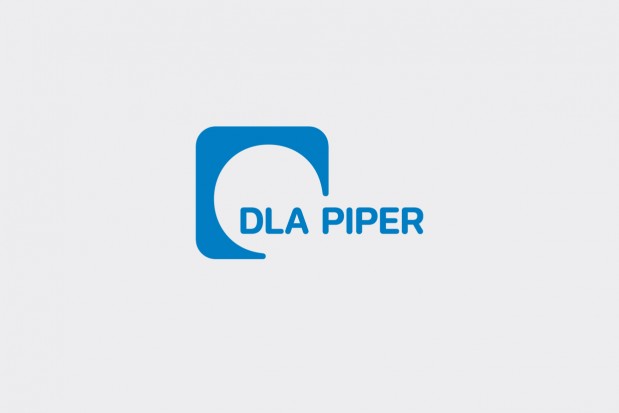All Articles
3926 ArticlesInsurance Europe Joins Associations Calling for Regulation
Omni Bridgeway Names Mark Wells Global Head of Portfolio Management
International Legal Finance Association on Increasing Liquidity

An LFJ Conversation with Michael Kelley, Partner, Parker Poe

DLA Piper launches global partnership with UNHCR
DLA Piper today announces a new partnership with the UN Refugee Agency (UNHCR) that will see the two organisations working collaboratively to develop innovative responses to the global refugee crisis, enhance refugee integration and advocate for impactful, systemic change. During the first three years, DLA Piper will provide pro bono support worth over $3.7m and contribute financially to the agency’s global programmes.
The partnership has been developed in collaboration with UK for UNHCR, an organisation responsible for developing humanitarian partnerships with British corporations that support global relief efforts for refugees.
DLA Piper and UNHCR already have a long-established relationship spanning over ten years. Since 2012, the firm has provided more than 8,500 hours pro bono legal support valued at over USD 3,000,000 to UNHCR. This new phase of the partnership will focus on the co-development of innovative responses to the refugee crisis, including innovative finance models and impact investment, among other key areas.
According to UNHCR, there are now more than 100 million people who have been forcibly displaced from their homes. The number of displaced people has increased every year over the past decade and now stands at the highest level since records began. These unprecedented levels of displacement represent a global humanitarian emergency. The impact is especially pronounced on children, who account for 30% of the world's population, but 42% of all forcibly displaced people.
DLA Piper has long-standing commitment to working to protect the rights of refugees, displaced people and those who are stateless, with a particular focus on supporting the most vulnerable groups, including women, children and LGBT+ people. Human displacement has a number of components that are relevant to businesses as it affects how companies manage the relationship with their workforce, their value chain, the societies in which they operate and the political environment. Over the past ten years, the firm has worked to address the root causes and consequences of displacement by providing legal recognition for people on the move and supporting inclusion into destination countries.
This partnership with UNHCR is an extension of this work and DLA Piper’s ongoing commitment to protecting and upholding the rights of displaced people.
Simon Levine, Global Co-CEO, DLA Piper, said: “We are honoured to enhance our partnership with UNHCR. This is a unique opportunity to contribute to the organisation’s work and, ultimately, support displaced people all over the world. The current crisis in Ukraine is just one example of why UNHCR’s work is so critical.
“Legal protections are especially important when people’s lives are uprooted and they face challenges such as lack of basic shelter, violence, exploitation and restrictions on freedom of movement. As part of this new phase of the partnership, we will be working with UNHCR to support a fairer, more effective system, to develop new approaches and to help foster inclusion as people rebuild their lives.”
Jean-Pierre Douglas-Henry, Managing Director, Sustainability & Resilience, DLA Piper added: “This exciting partnership means we can amplify our work to protect the rights of displaced people globally. The partnership will involve innovative approaches to long-term issues that we hope will lead to positive and lasting change. At this crucial time our firm is excited to be collaborating with an organisation that is focused on building a better future for refugees.”
Emma Cherniavsky, Chief Executive of UK for UNHCR said: “We greatly value this new partnership with DLA Piper which builds on ten years of valuable support for UNHCR’s work. People fleeing conflict and persecution are amongst the most vulnerable people in the world, with many on the front lines of the climate crisis or facing significant barriers to employment, and DLA’s partnership will help deliver innovative solutions to support them.”
About DLA Piper
DLA Piper is a global law firm with lawyers located in more than 40 countries throughout the Americas, Europe, the Middle East, Africa and Asia Pacific, positioning us to help clients with their legal needs around the world. In certain jurisdictions, this information may be considered attorney advertising. dlapiper.com


